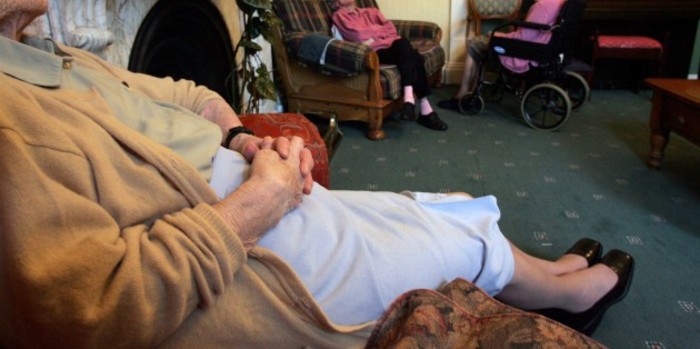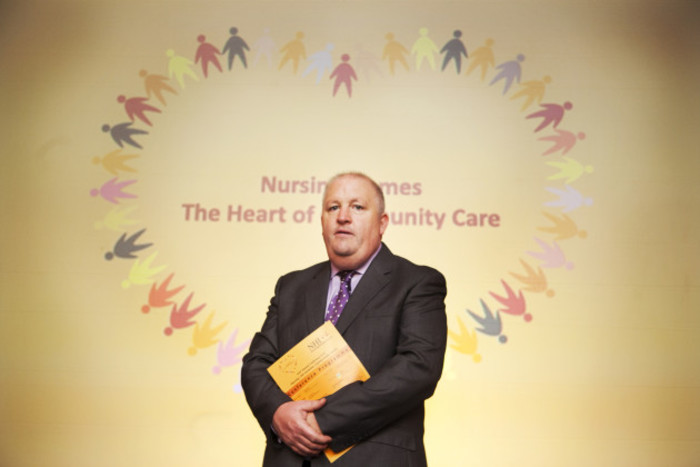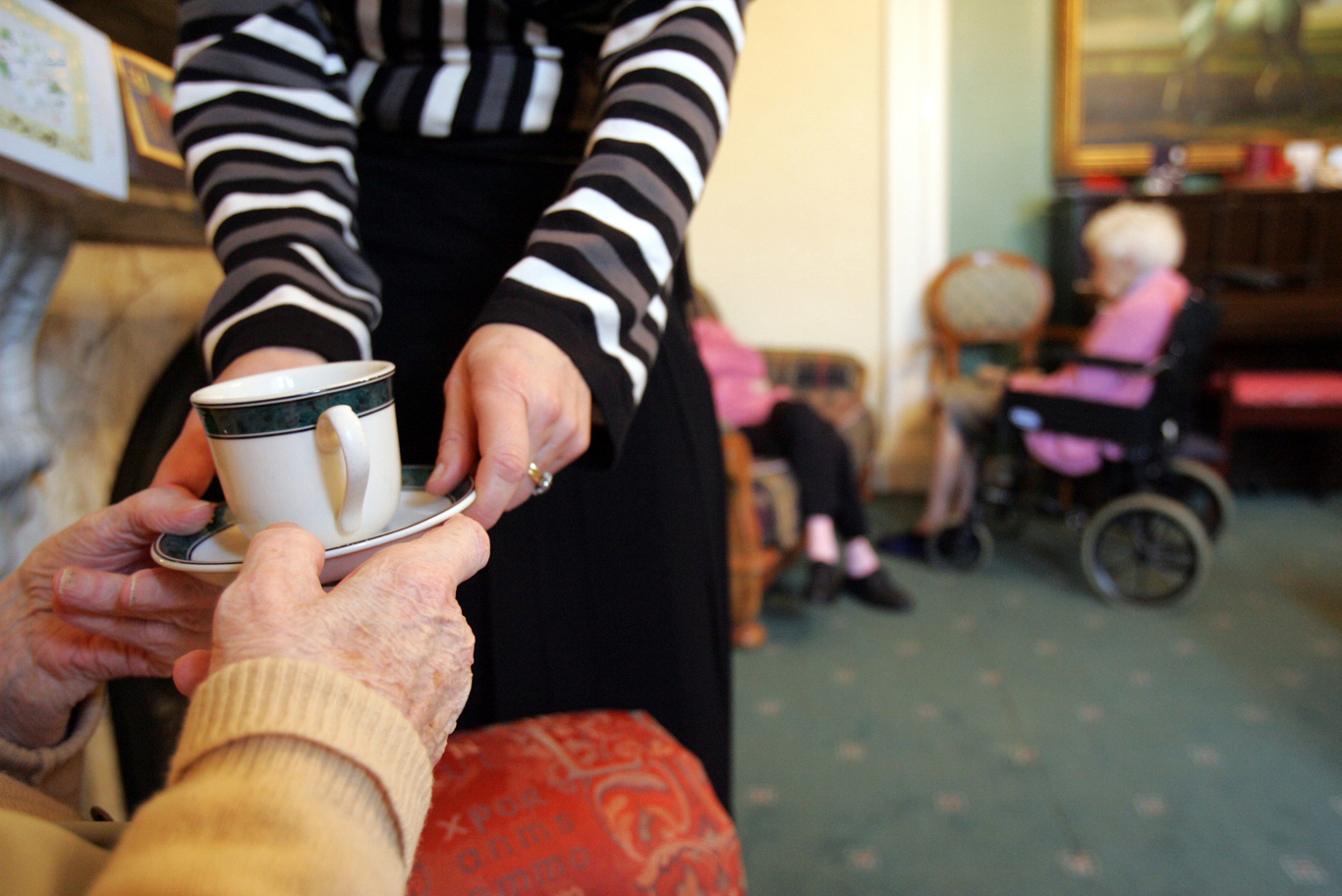Nursing homes want foreign work permit rules relaxed to solve their staffing 'crisis'
An industry group says workers from countries like the Philippines could plug a skills gap.
THE INDUSTRY BODY for the private nursing homes sector has called for work permit rules to be relaxed in order for the industry to address a recruitment “crisis”.
In recent months, Nursing Homes Ireland (NHI) met with Jim Daly, Minister of State at the Department of Health with special responsibility for older people, to highlight recruitment issues in the sector.
A survey of nursing homes carried out by the industry group last year showed that, on average, facilities were short more than one in five of their required nurses and one in 10 healthcare assistants.
The group said the recruitment crisis emphasised the need to remove the role of healthcare assistant from the list of jobs ineligible for non-EU work permits.
Nursing Homes Ireland chief executive Tadhg Daly told Fora that removing the role from the ineligible list would make it easier for the industry to get access to the staff it needs.
“We’re under 6% unemployment (in Ireland) and reaching practically full employment, so our members are finding it hard to recruit carers.
“Currently there are some candidates in Europe, there is no doubt, and people are recruiting across the Europe, but there are some language difficulties there.
“But there are significant numbers of candidates, in the Philippines in particular, where we’re aware there are people who have an interest in our sector.”
Documentation prepared by the body for the minister said that some nursing homes had been forced to close beds and suspend admissions of residents due to the staff shortages.
“We talk about the aging demographic and we need more beds, but even if we had all those nursing home and hospital beds, we need trained staff to run the services,” the group said.
“We’ve heard of extensions that cannot be opened due to lack of healthcare assistants.”

Daly added that Ireland isn’t the only country facing a shortage of healthcare staff amid aging populations in developed nations around the world. This made recruitment tougher due to competition for a limited pool of qualified workers.
Proposal
The group has also called for candidates that register with Nursing and Midwifery Board of Ireland to be given permission to arrive and work in Ireland as care assistants during their registration process – which can take a year or longer.
“As a minimum, NHI are requesting that this proposal is expedited, this will work to assist in both the nursing crisis and the issues of recruiting care assistants,” the group said.
However the Department of Jobs said occupations were only included on the foreign work permit eligibility list if there were no suitable Irish or EEA nationals available to fill the jobs.
The list didn’t cover positions for which there were merely recruitment or retention problems, it added.
A spokesman said the carer occupation is characterised by high turnover rates and the National Skills Council is aware that employers might be having difficulty in attracting qualified workers.
“(The council) goes on to report that while there is no shortage of nursing aids and healthcare assistants, geographical mobility and a lack of attractiveness of the job (for example, temporary contracts) have been identified as issues in relation to the availability of some healthcare skills,” he said.
Nevertheless, Daly said nursing homes were restricted in their abilities to make roles in the sector more attractive to prospective hires.
The fees structure charged by nursing homes is set under the state’s Fair Deal Scheme, which has limited the scope for private nursing homes to increasing remuneration to staff, he said.
Daly added that many healthcare professionals trained in nursing homes also ended up working with the HSE.
“We’re competing with the public system, and they’re paying their people a lot more because they’re taking a lot more of the public budget.
“There needs to be a recognition there within Fair Deal that fee rates have to rise to match the demands of people working in the area as well.”
In a pre-Budget submission in 2016, NHI said an increase in the national minimum wage should be recognised with a corresponding increase in nursing home payments. It said staff costs accounted for 61% of turnover in private and voluntary nursing homes.
 Nursing Homes Ireland boss Tadhg Daly
Nursing Homes Ireland boss Tadhg Daly
Lobbying
In addition to lobbying the Minister of State, NHI also met with Senator Colm Burke this year, while the group also discussed recruitment issues with former jobs minister Mary Mitchell O’Connor in 2017.
The industry group has received no commitments from the government, but it welcomed work being carried out by the State to investigate skills shortages. However, Daly said he is worried the private nursing home sector might be overlooked.
“Critically the working group that was established has no representation from the private sector on it,” he said.
“So we’re concerned that any workforce planning undertaken needs to cover the full remit of all health and social care – public, privates and voluntary.
“(Minister Daly) has given commitment that there will be more consultation with us. We haven’t gotten an immediate result in terms of the lobbying itself, but like any of these activities, it’s a marathon rather than a sprint.”
Sign up to our newsletter to receive a regular digest of Fora’s top articles delivered to your inbox.





